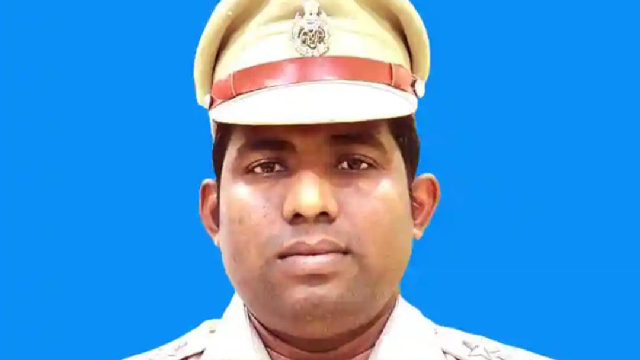Now Reading: Being in a Crime Syndicate Is Essential to Apply MCOCA, Rules Nagpur Court
-
01
Being in a Crime Syndicate Is Essential to Apply MCOCA, Rules Nagpur Court
Being in a Crime Syndicate Is Essential to Apply MCOCA, Rules Nagpur Court

In a significant ruling, a Nagpur court has clarified that simply committing a serious crime is not enough to invoke the Maharashtra Control of Organised Crime Act (MCOCA). The court stated that the accused must be part of an organised crime ring to be booked under the stringent law. The judgment could impact how such cases are handled, particularly in Tier 2 cities like Nagpur where gang-related offences have seen a rise.
Key Takeaway from the Ruling
The court emphasised that for MCOCA to apply, prosecutors must prove that the accused is either part of a crime syndicate or consistently commits offences on behalf of such a group. This condition is crucial, as the law is designed specifically to tackle organised crime—not isolated incidents.
Background of the Case
The ruling came during a case where the accused was charged under MCOCA for repeat offences. However, the court observed that there was no clear evidence linking the individual to any structured gang or criminal organisation. As a result, the court refused to allow the application of MCOCA, marking a strict interpretation of the law.
Why This Matters for Law Enforcement
Police often invoke MCOCA to fast-track cases involving repeat offenders or those suspected of serious crimes like extortion, land grabs, and contract killings. However, the court’s decision signals the need for stronger groundwork before applying such laws. Investigating agencies in Tier 2 cities like Nashik, Nagpur, and Aurangabad may now face added pressure to establish deeper links before filing charges under MCOCA.
Legal Perspective and Public Impact
Legal experts believe this ruling reinforces the principle of due process and protects individuals from misuse of harsh legal provisions. At the same time, it poses a challenge for law enforcement in curbing gang-related crimes without overstepping legal boundaries. For citizens, particularly those in urban residential areas often affected by local criminal groups, it reflects the judiciary’s effort to balance justice with rights.
Tier 2 Relevance
Tier 2 cities often see a mix of urbanisation and growing law enforcement demands. With economic development comes disputes, often leading to crime rings operating under local influence. This judgment will guide how police build their cases and may also prompt more structured investigations, rather than relying solely on criminal records.
Conclusion
The Nagpur court’s ruling sets a clear boundary for when MCOCA can be applied, reminding law enforcement that not every repeated offence qualifies under the organised crime umbrella. For cities beyond the metros, where local crime groups operate with growing sophistication, this legal clarity could shape how justice is pursued—firmly, but within defined legal limits.

























